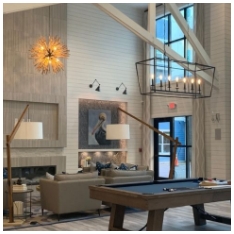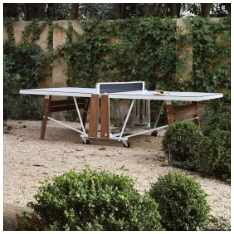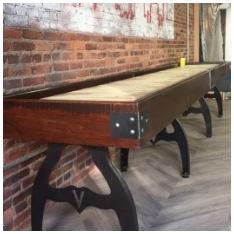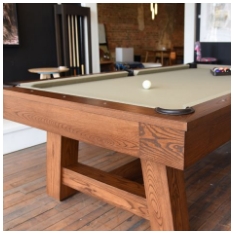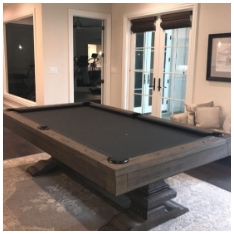A well-maintained pool table felt is crucial for ensuring smooth gameplay and prolonging the life of your pool table. Proper care and maintenance not only enhance the playing experience but also preserve the quality of your investment. In this article, we’ll explore practical tips for maintaining your pool table felt, covering everything from routine cleaning to essential preventive measures.
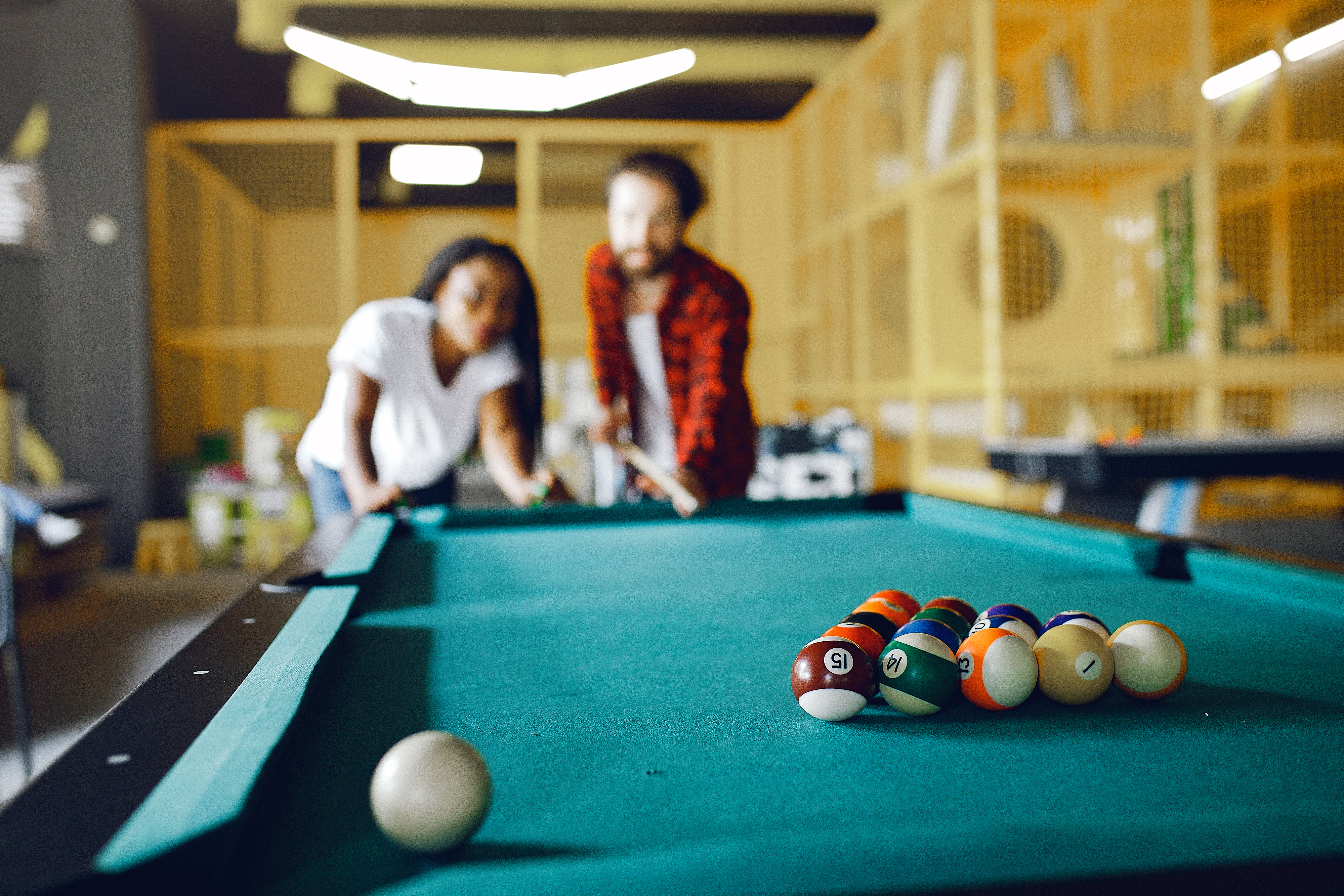
Why Maintaining Pool Table Felt is Important
Pool table felt, also known as the cloth, is a key component of the table's surface. It directly affects the speed and accuracy of your shots, making its upkeep essential for optimal play. Regular maintenance helps prevent wear and tear, reduces the risk of ball skidding, and ensures a consistent playing surface.
Neglecting the felt can lead to costly repairs or replacements. By following the tips outlined here, you can extend the life of your pool table felt and keep your game at its best.
Routine Cleaning for Pool Table Felt
Routine cleaning is the first step in maintaining your pool table felt. Dust, chalk, and other debris can accumulate on the surface, affecting gameplay and wearing down the felt over time. Here’s how to keep your felt clean:
- Use a Pool Table Brush: A soft-bristle brush designed specifically for pool tables is ideal for cleaning the felt. Brush the felt gently in one direction, moving from one end of the table to the other. This helps remove dirt and chalk particles without damaging the fabric.
- Vacuum Carefully: Use a vacuum cleaner with a brush attachment to remove any dust or debris that the brush might miss. Set the vacuum to its lowest suction setting and avoid using a beater bar, as this can damage the felt.
- Avoid Excessive Chalk Use: While chalk is necessary for your cue, excessive chalk can build up on the felt and create a mess. To minimize this, apply chalk over the cue tip, not directly above the table, and consider using a chalk holder to contain the dust.
- Spot Clean Stains: If you notice any spills or stains on the felt, clean them immediately. Use a soft, damp cloth and a mild detergent to gently blot the stain, avoiding scrubbing, which can damage the fibers. Make sure the felt is completely dry before using the table again.
Preventive Measures to Protect Pool Table Felt
In addition to routine cleaning, there are several preventive measures you can take to protect your pool table felt and ensure it lasts as long as possible.
Control the Environment Around Your Pool Table
The environment around your pool table plays a significant role in the longevity of the felt. Temperature, humidity, and lighting can all impact the condition of the fabric.
- Maintain Optimal Humidity Levels: High humidity can cause the felt to absorb moisture, leading to wrinkling and stretching. On the other hand, low humidity can make the felt brittle. Aim to keep the room's humidity level between 40% and 60% for optimal results.
- Regulate Temperature: Extreme temperatures can cause the felt to expand or contract, affecting the tightness of the fabric. Keep the room at a consistent temperature, ideally between 65°F and 75°F, to prevent damage.
- Use Proper Lighting: Avoid direct sunlight on the pool table, as UV rays can fade and weaken the felt. If possible, position the table away from windows or use curtains or blinds to block out sunlight. Opt for overhead lighting that evenly illuminates the playing surface without creating harsh shadows or glare.
Cover Your Pool Table When Not in Use
One of the simplest and most effective ways to protect your pool table felt is by using a table cover. A cover shields the felt from dust, spills, and accidental damage when the table is not in use.
- Choose the Right Cover: Invest in a high-quality, fitted pool table cover that offers full protection. Look for a cover made from durable materials that are resistant to dust, moisture, and UV rays.
- Cover After Every Use: Make it a habit to cover your pool table immediately after each use. This helps prevent dust accumulation and protects the felt from potential damage caused by pets, children, or other household activities.
Proper Handling and Use of Pool Table Accessories
How you handle and use your pool table accessories can also impact the condition of your felt. By taking care of your cues, balls, and other equipment, you can reduce wear on the felt and maintain a smooth playing surface.
Keep Cue Tips in Good Condition
Worn or damaged cue tips can scratch and damage the felt, especially if they have sharp edges. Regularly inspect your cue tips and replace them as needed to prevent unnecessary wear on the table.
- Shape the Cue Tip: Use a cue tip shaper to maintain a rounded tip that makes consistent contact with the ball. A well-shaped tip reduces the risk of miscuing and protects the felt from abrasions.
- Avoid Excessive Force: Striking the ball too hard or with excessive force can damage the felt and the underlying slate. Focus on using controlled, precise strokes to minimize wear on the table surface.
Clean Pool Balls Regularly
Dirty or sticky pool balls can transfer grime to the felt, affecting the table's appearance and playability. Regularly clean your pool balls to prevent this issue.
- Use a Mild Cleaning Solution: Clean the pool balls with a soft cloth and a mild cleaning solution specifically designed for billiard balls. Avoid harsh chemicals that could damage the balls or the felt.
- Avoid Using Dirty Balls: Before each game, inspect the balls for any dirt or residue. If necessary, clean them before play to ensure they don’t transfer any grime to the felt.
Store Accessories Properly
When not in use, store your pool table accessories in a designated area to prevent accidental damage to the felt.
- Use a Cue Rack: A cue rack is an excellent investment for storing cues when not in use. It prevents cues from being left on the table, where they could accidentally fall and damage the felt.
- Keep Balls Off the Table: After playing, store the balls in a ball rack or storage box. Leaving balls on the table can lead to indentations or wear marks on the felt, especially if they are not evenly distributed.
Professional Maintenance and Repairs
Despite your best efforts, there may come a time when your pool table felt requires professional attention. Whether it’s for routine maintenance or more significant repairs, knowing when to call in a professional can save you from costly mistakes.
When to Replace Your Pool Table Felt
Even with proper care, pool table felt will eventually wear out and need to be replaced. Signs that it’s time for a replacement include visible wear, thinning fabric, or permanent stains that cannot be removed.
- Monitor the Felt's Condition: Regularly inspect the felt for signs of wear and tear. If you notice any areas where the fabric has become thin, faded, or frayed, it may be time to consider replacing it.
- Consult a Professional: Replacing pool table felt is a delicate task that requires precision. It’s best to hire a professional with experience in pool table maintenance to ensure the job is done correctly.
Releveling the Pool Table
Over time, your pool table may become unlevel due to shifts in the floor or the table itself. An unlevel table can affect gameplay and put uneven stress on the felt, leading to premature wear.
- Check for Leveling Issues: Periodically check the table’s level using a spirit level. If you notice that the balls are consistently rolling to one side, it’s a sign that the table may need to be re-leveled.
- Hire a Professional for Releveling: Releveling a pool table requires specialized tools and expertise. A professional technician can ensure that the table is perfectly level, preventing further damage to the felt and improving gameplay.
Conclusion
Maintaining your pool table felt is essential for optimal play and the longevity of your table. By following these tips for cleaning, preventive care, and professional maintenance, you can keep your pool table in top condition for years to come. Whether you’re a casual player or a serious enthusiast, taking the time to care for your table will ensure that every game is played on a smooth, consistent surface, enhancing your overall experience.

